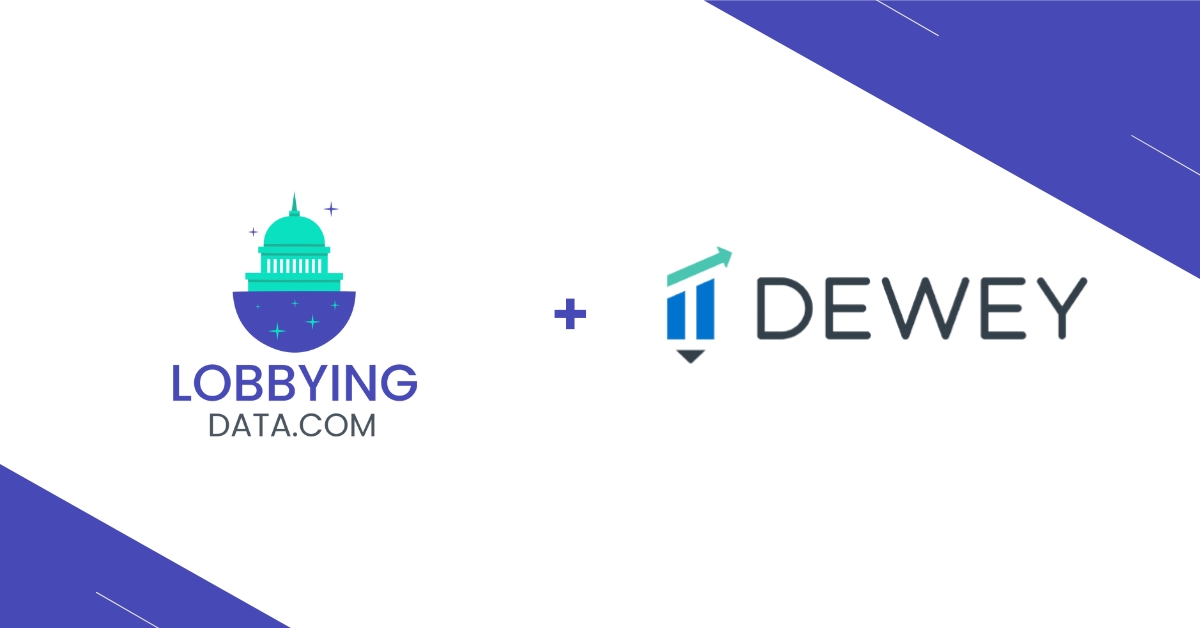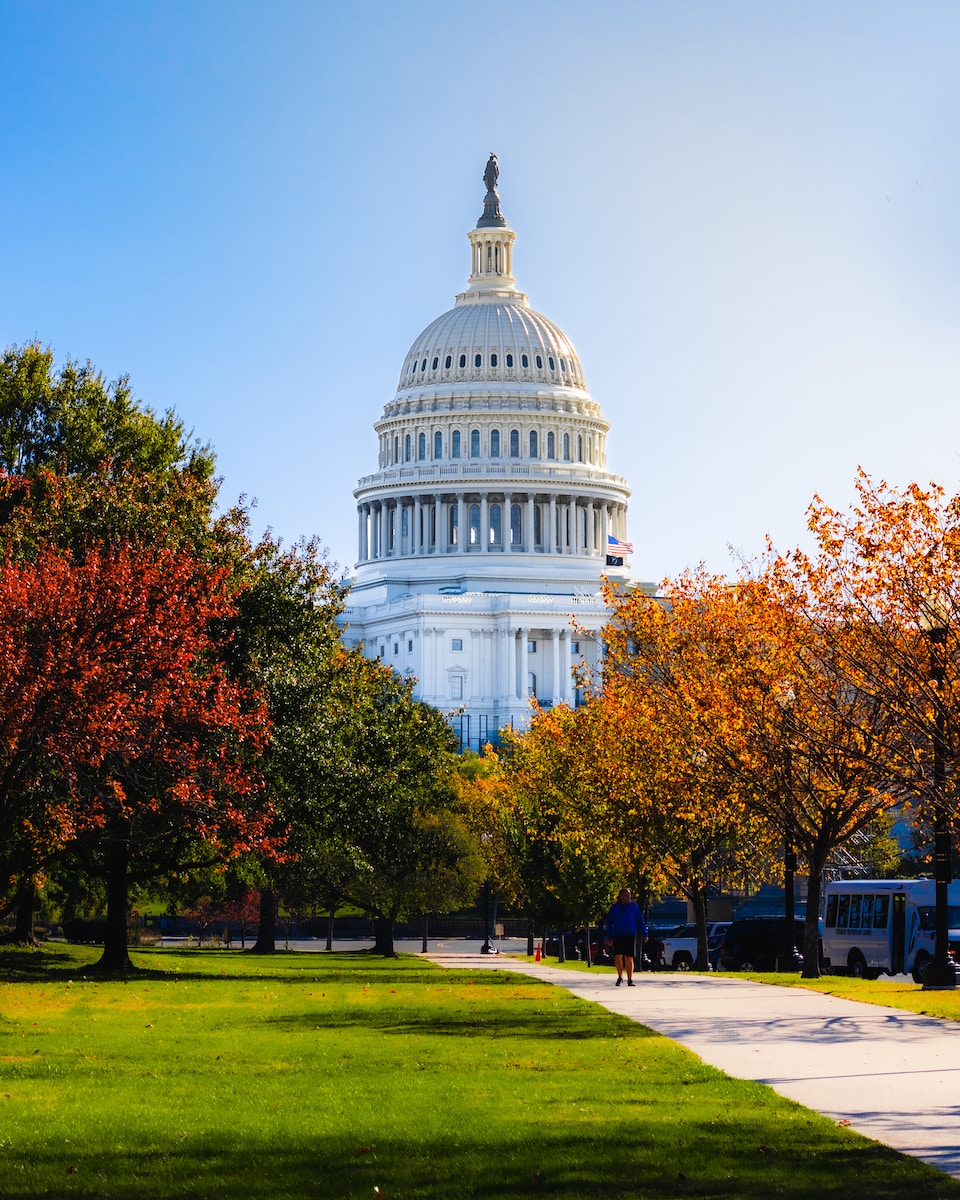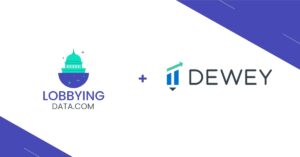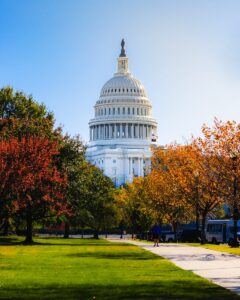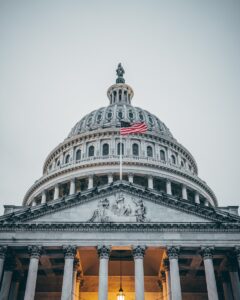Lobbying is a practice where individuals or groups try to influence government decisions or policies. This can be done through various means, such as meetings with government officials or providing them with information. While lobbying is not illegal, it is important to ensure transparency in this process. To this end, the United States government has enacted the Lobbying Disclosure Act. In this article, we will understand what the Lobbying Disclosure Act is and its key provisions and implications.
Understanding the Lobbying Disclosure Act
The Lobbying Disclosure Act is a law passed by the United States Congress in 1995. The purpose of the law is to provide transparency in the lobbying process. The law requires lobbyists to register with the government and disclose information about their clients, the issues they are lobbying for, and the money spent on lobbying activities.
The law applies to both individuals and organizations that engage in lobbying activities. This includes lobbying for both legislative and executive branch action. The law also requires lobbyists to file periodic reports with the government, detailing their lobbying activities and expenses. Failure to comply with the law can result in fines or even imprisonment.
Key Provisions and Implications of the Law
One of the key provisions of the Lobbying Disclosure Act is the requirement for lobbyists to register with the government. This includes providing information about their clients, the issues they are lobbying for, and the money spent on lobbying activities. This information is then made publicly available, allowing citizens to see who is lobbying for what and how much money is being spent.
Another important provision of the law is the requirement for periodic reporting by lobbyists. This includes reporting on lobbying activities and expenses. The reports must be filed quarterly and must provide detailed information on the issues being lobbied for, the money spent on lobbying activities, and the individuals and organizations being lobbied.
The Lobbying Disclosure Act has had several implications for the lobbying industry. One of the most significant is the increase in transparency in the lobbying process. This has made it easier for citizens to understand who is lobbying for what and how much money is being spent on lobbying activities. It has also made it more difficult for lobbyists to engage in unethical or illegal practices, as their activities are now subject to government scrutiny.
The Lobbying Disclosure Act is an important law that ensures transparency in the lobbying process. By requiring lobbyists to register with the government and file periodic reports on their activities, the law has increased transparency and made it more difficult for lobbyists to engage in unethical or illegal practices. While the law has had several implications for the lobbying industry, its primary goal is to ensure that citizens have access to information about who is trying to influence government decisions and how they are doing it.

